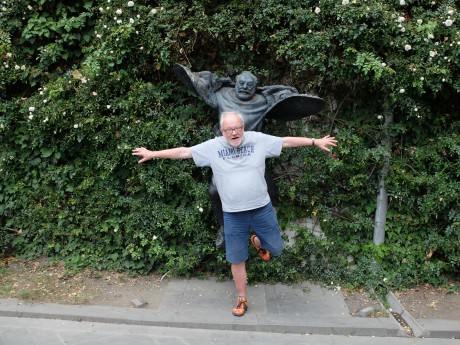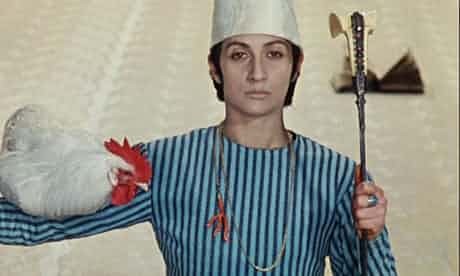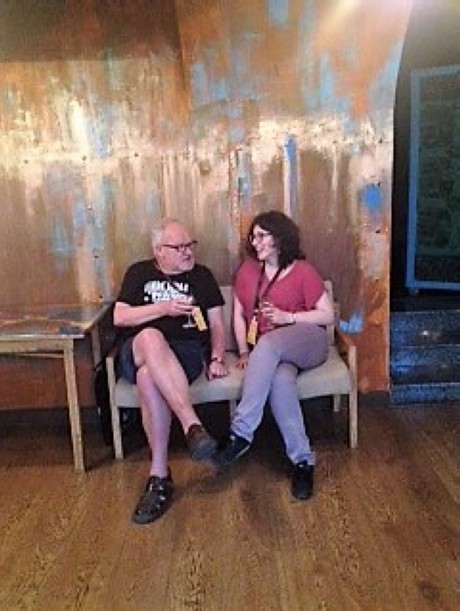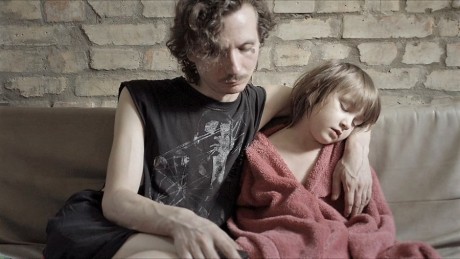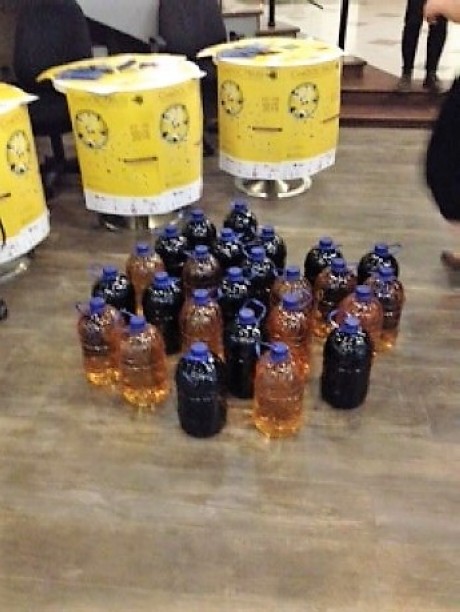


Srbenka Wins DAS Award 2018
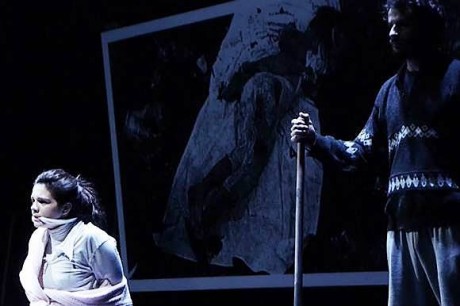
Doc Alliance is a creative partnership of seven key European festivals. One of its activities, Doc Alliance Selection (DAS) Award, celebrates its 11th edition. Each festival nominates one documentary film which is evaluated by a jury of seven film critics from the festival countries. This year’s winner is Srbenka directed by Nebojša Slijepčević nominated by Visions du Réel. Congratulations!
Srbenka
Director: Nebojša Slijepčević
Country: Croatia
Nominated by Visions du Réel
Srbenka is a film about peer violence toward children of different nationality in Croatia. It examines how the generation born after the war copes with the dark shadows of history. In the winter of 1991, a 12-year-old Serbian girl was murdered in Zagreb. Quarter of a century later, director Oliver Frljić is working on a theatre play about the case. Rehearsals become collective psychotherapy, and the 12-year-old actress Nina feels as if the war had never ended.
Boris Senff (24 heures) – nominated by Visions du Réel
Jakub Demianczuk – nominated by Docs Against Gravity FF
Kristoffer Hegnsvad (Politiken) – nominated by CPH:DOX
Francisco Ferreira (Expresso) – nominated by Doclisboa
Ivan David – nominated by Ji.hlava IDFF
Erwan Floch’lay (Répliques) – nominated by FIDMarseille
Dennis Vetter (taz) – nominated by DOK Leipzig
Doc Alliance Selection Award is powered by seven key European documentary festivals: CPH:DOX, Doclisboa, Docs Against Gravity FF, DOK Leipzig, FIDMarseille, Ji.hlava IDFF, Visions du Réel.

